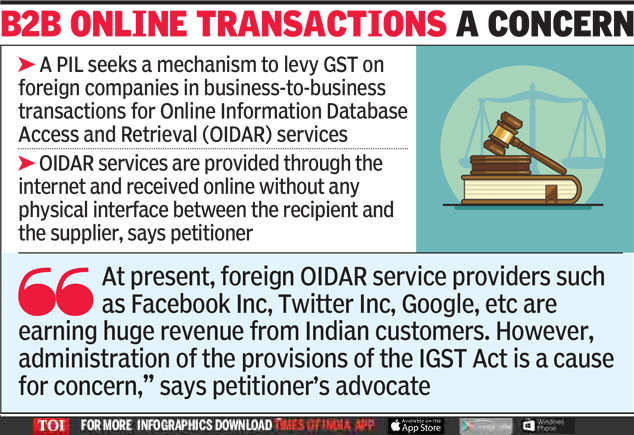Conformity assessment procedures will be put in place to verify that goods and services sold on e-commerce platforms meet required standards and technical regulations, according to the draft e-commerce policy.
The policy, which is under discussion, also stated that actions and things which cannot be done by the online platform entities “can also not be done” by any of its associates and related parties.
Government may, from time to time, notify parties which fall in the definition of associates and related parties, it said.
“Conformity assessment procedures will be put in place in order to verify that goods and services sold, on e-commerce platforms, meet required standards and technical regulations, as prescribed by sector specific regulations/rules,” the draft said.
These procedures are related to testing, verification and certification of goods and services, among others.
It also said that a long-run endeavour will be to convert GeM (Government e-marketplace) into a marketplace where “ordinary consumers” could procure, increasing the efficiency in the Indian economy.
Currently, only the government departments and agencies are allowed to procure goods and services from the GeM portal.
According to the draft policy, an e-commerce operator operating in marketplace or hybrid mode will have to manage its relationship with sellers on its platform in an agnostic manner and without being partial to any of its sellers.
It has talked about areas like definition of e-commerce, code of conduct, creation of conducive environment, enhancing exports, monitoring, meeting regulatory challenges of the sector, handling of data, free and informed choice of consumers, fair competition, anti-counterfeit and anti-piracy.
Last week an inter-ministerial meeting chaired by officials of Department for Promotion of Industry and Internal trade (DPIIT) had discussed this draft.
The draft has defined e-commerce as the business activities of sale, marketing, distribution of goods or provision of services through the Internet or other information networks and it would be equally applicable to entities with foreign and domestic investments.
“An e-commerce operator shall mean any entity that is engaged in the operational activities of selling goods or providing service through the internet and other information network, including e-commerce platform operators, operators on platform and e-commerce operators selling goods or providing service via their self-built website or other web service,” it added.
Further it has stated that the government will work towards streamlining of regulatory processes to ease the burden of compliance for activities related to e-commerce.
The government would endeavour to bring offline sellers online and provide support for aiding computerization, digital payment enablement and on-boarding of those sellers that currently do not have such facilities.
“Back-end channel integration and hyper-local models are important ways in which growth of the sector can be inclusive and will be encouraged, so as to integrate advantages of the offline retail trade with those of online sale,” it said.
To promote exports through the e-commerce medium, the draft has stated that steps will be taken to provide online lending, credit rating, finance, and transportation support to SMEs through private and public sector banks.
The digital integration of multiple interfaces such as Central Board of Indirect Taxes and Customs (CBIC), Department of Posts (DoP), Directorate General of Foreign Trade (DGFT) and Goods and Service Tax Network (GSTN) for facilitating e-commerce exports shall be undertaken, it added.


